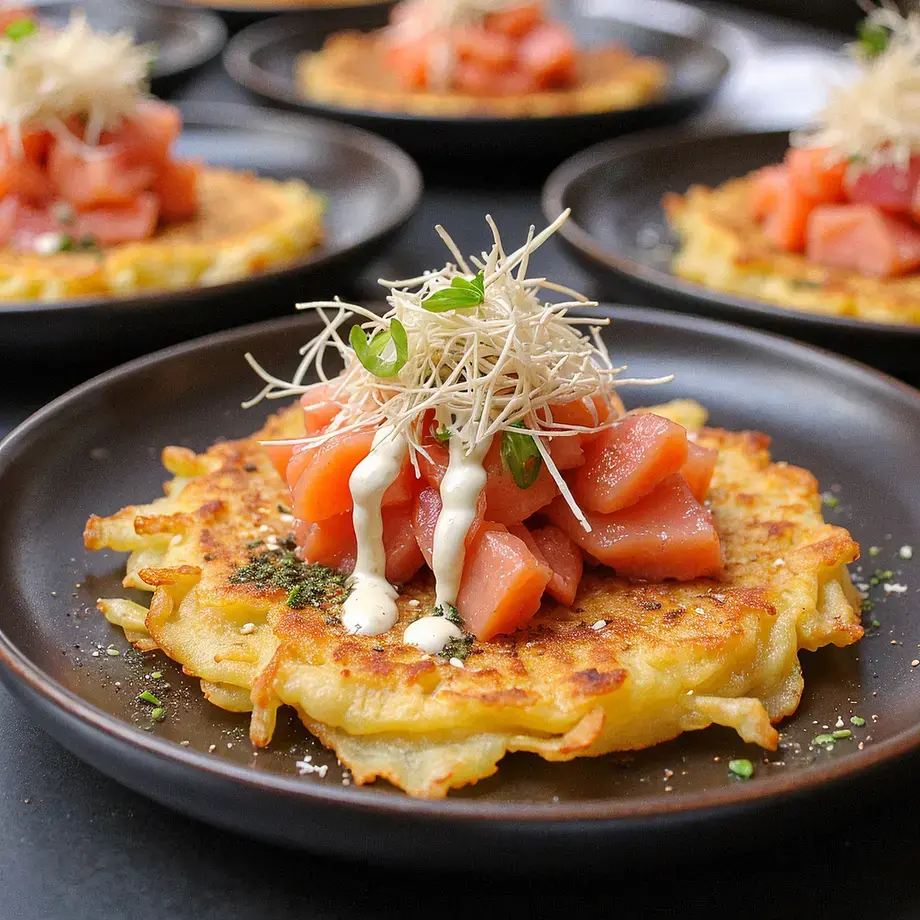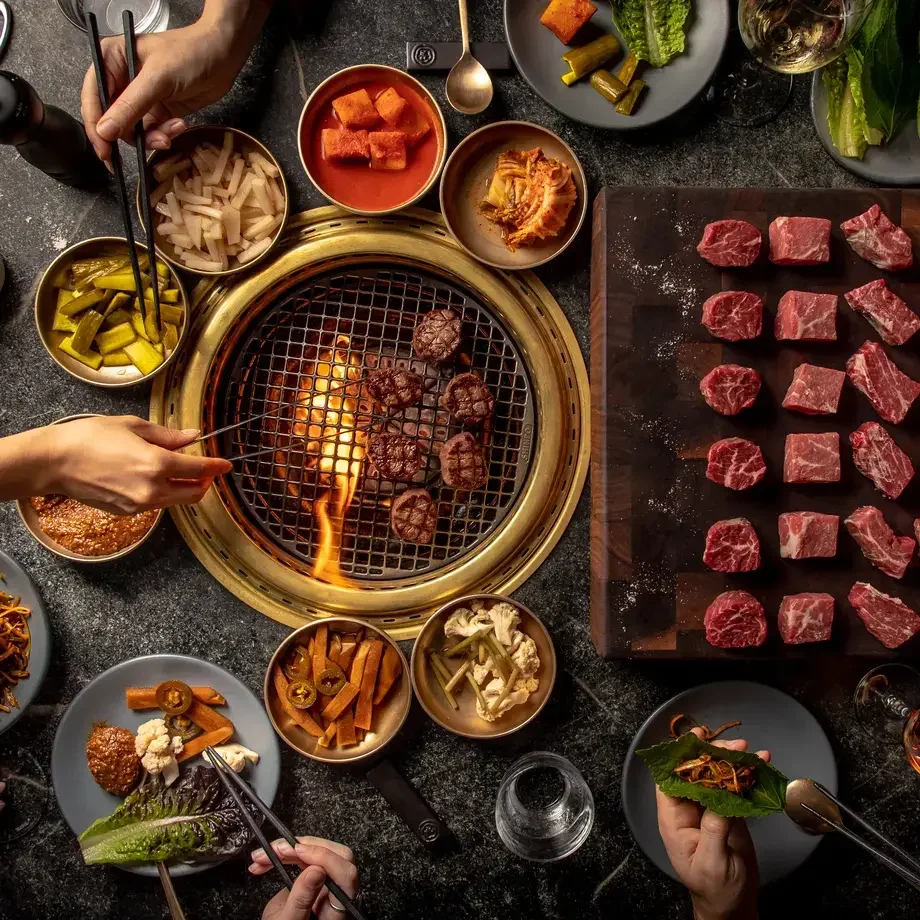“We also take into account the mother’s childbirth method, her phase of recovery, how quickly she is recuperating as well as her cultural background and preferences - the latter to give a sense of familiarity,” Yip says, adding that menus are then adjusted after each weekly TCM consultation.
Contrary to common belief that nourishment to gain ‘qi’ (or energy) should start just after delivery, Yip says that the focus of the first week postpartum is 休 (or healing), and improving the appetite. To promote easy digestion and reduce water retention, week one’s recipes at Kai Suites are designed to incorporate less fat and less salt, with a heavier emphasis on soups as well as braised and steamed food. Think house-made wheat noodles with chicken, goji berries and shimeji mushrooms, and steamed snapper nori rolls with a delicious tomato consommé glaze.
Yip says that his recipes during the final week of confinement are catered to strengthen and nourish the body. “We introduce more variety of dishes on the menu - including lactation cookies (with oats, raw yeast, flaxseed and fenugreek), dairy products as well as fried and grilled dishes.”
“According to Cantonese food customs, pork trotter and ginger cooked in black vinegar is a vital dish during the confinement period,” says Yip, who serves this ubiquitous confinement dish - but with 30-day fermented ginger and free-range eggs - in week four. “Ginger is meant to dispel any wind from the body, pork trotter is rich in calcium and collagen while vinegar stimulates blood circulation.”
But Yip’s approach towards postpartum cuisine does just not lean on tradition alone. Predominantly anchored on the ethos of purity, the artisanal and the wholesome, his kitchen uses flavour extraction and layering techniques to enhance flavours while eschewing MSG and artificial additives.
In Yip’s kitchen, all stocks and selected seasonings are made from scratch; his house-made oyster sauce alone is painstakingly crafted from dried oysters, fresh oysters, sugarcane and herbs. To minimise kitchen wastes, ginger skin left behind from the pork trotter dish is dehydrated and used to infuse the cooking oil. Bearing in mind that many guests are well-travelled and well-exposed to international cuisines, he also integrates cooking techniques “gleaned from across the world”.
“Since their stay is much longer than in other hotels, we need to sustain their interest in our daily meals without forgoing the nutritional role of the food,” says Yip, who has access to a repertoire of about 500 postpartum recipes, some of which are contributed by renowned chefs in Asia (Tomoo Kimura, Han Li Guang, Vicky Cheng and ThiTid Tassanakajohn, just to name a few).
His gastronomic, artisanal and wholesome approach to confinement fare has not gone unnoticed.
















